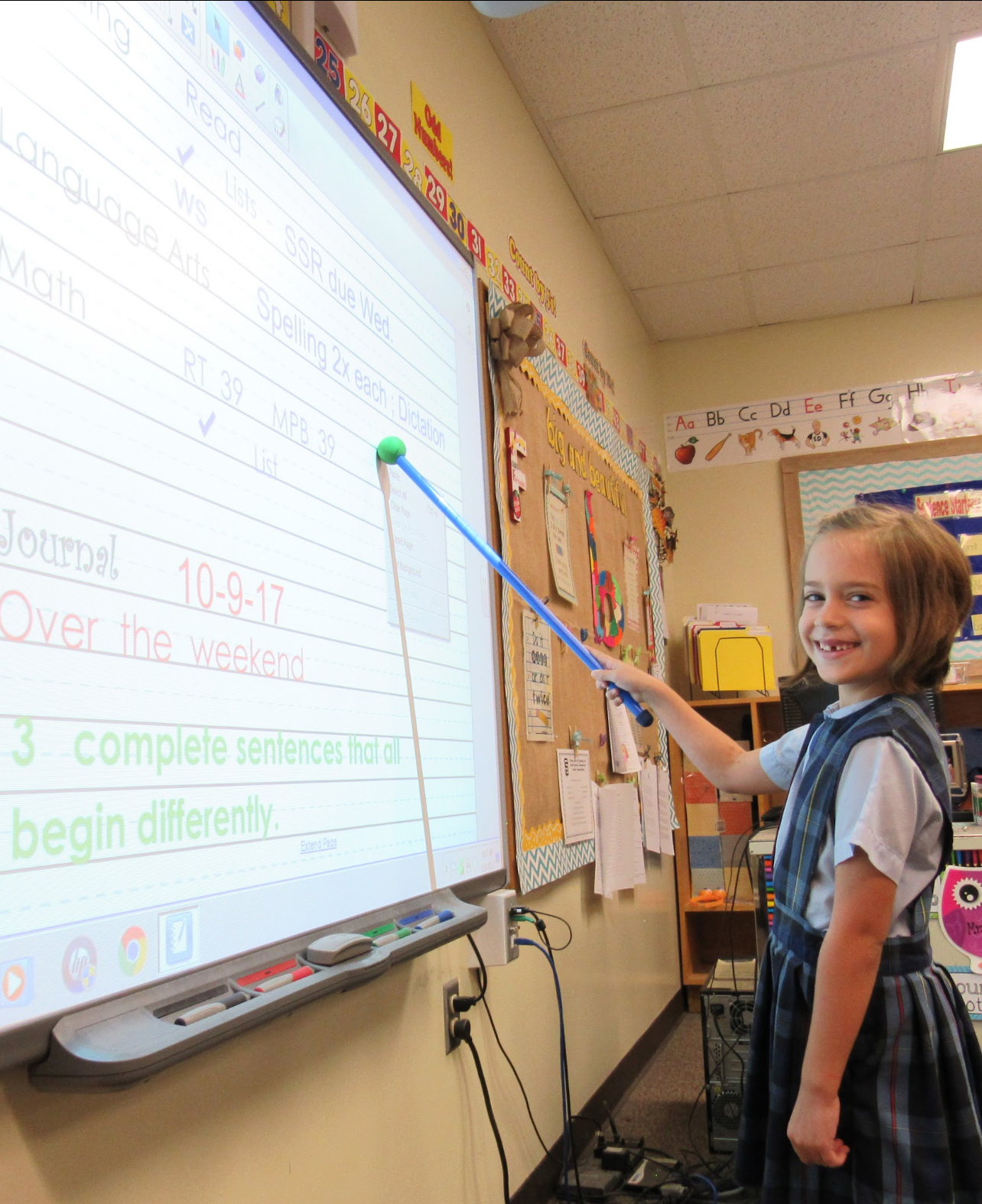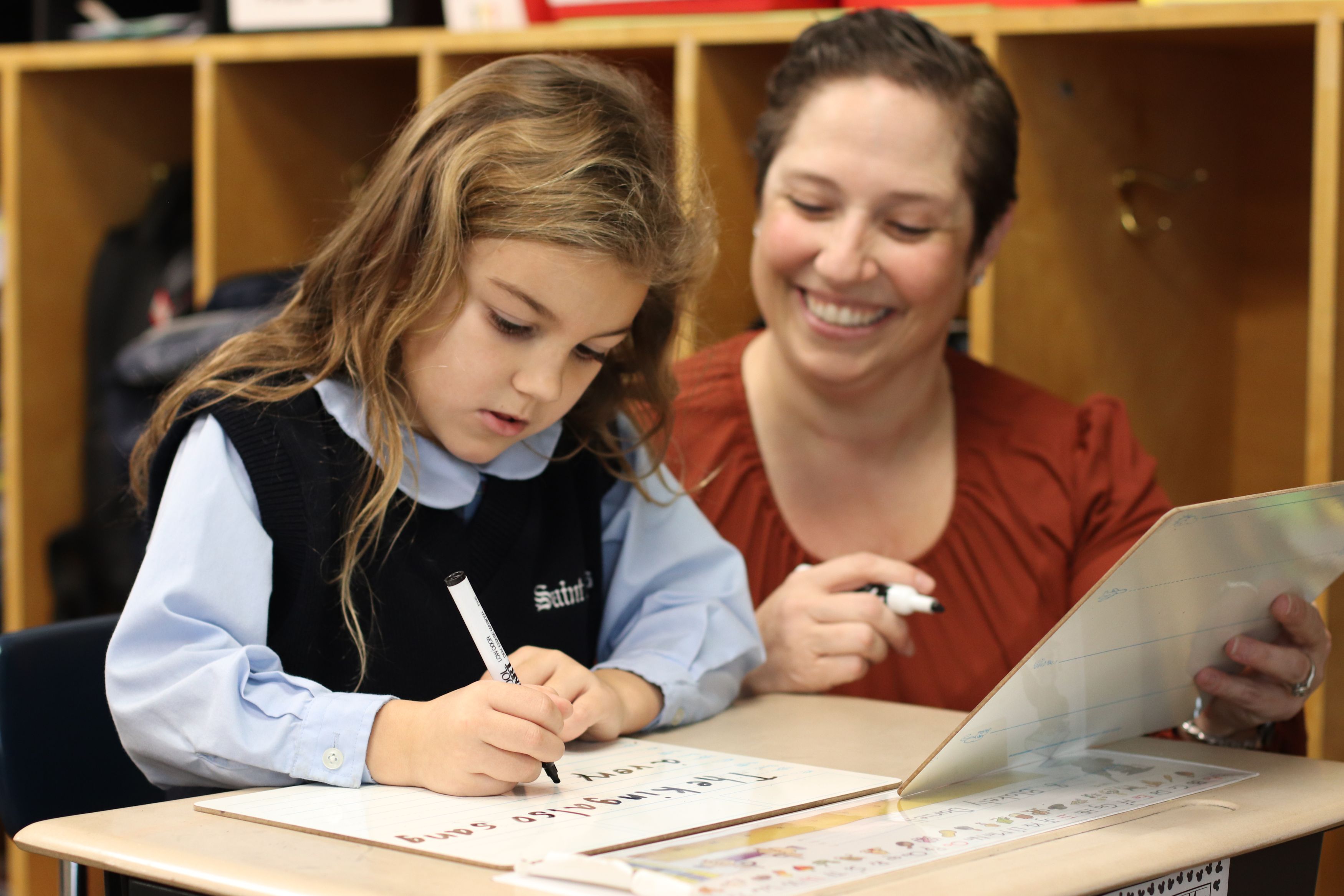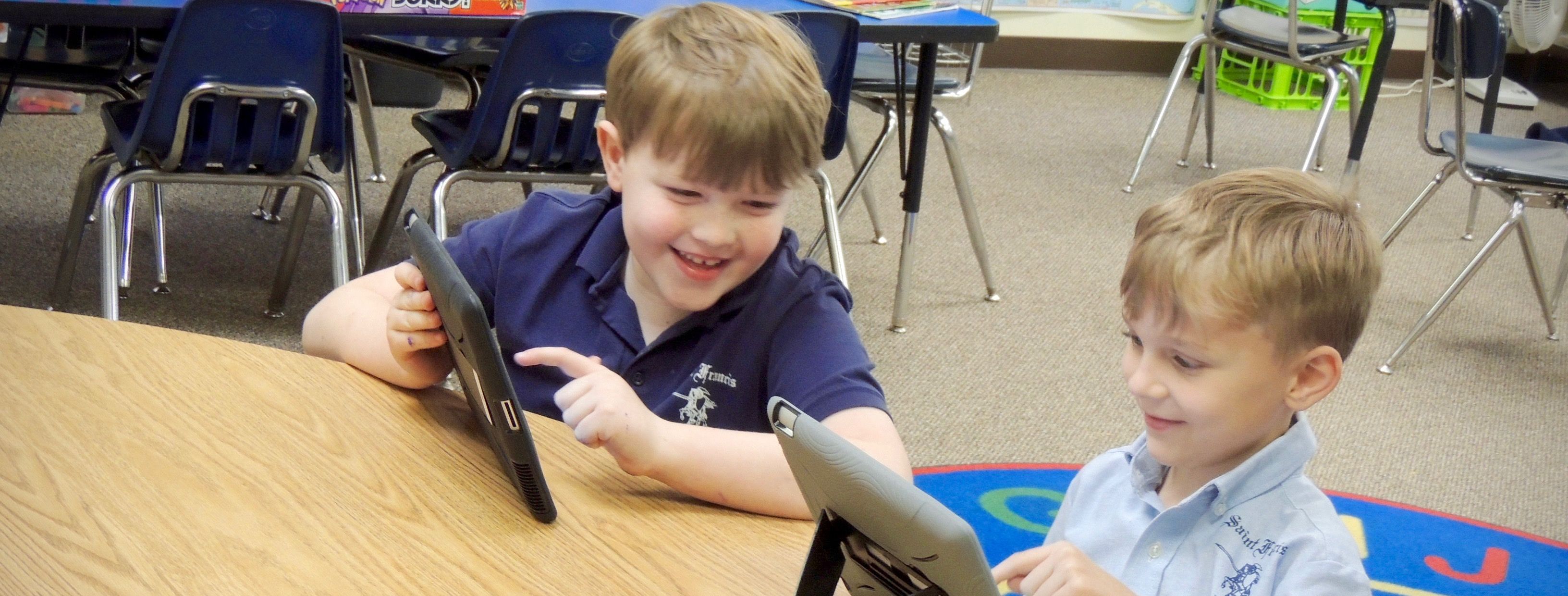Unlocking Reading Potential with the Wilson Reading Program for Students with Dyslexia
We are proud to incorporate the Wilson Reading System into our curriculum for elementary and middle school students in grades 3-6. This intensive, structured literacy program is specifically designed to support students with dyslexia and other language-based learning challenges. Rooted in Orton-Gillingham principles and aligned with the Science of Reading, the Wilson Reading Program provides evidence-based instruction that builds phonemic awareness, decoding, fluency, and comprehension skills, enabling students with dyslexia to overcome reading difficulties and achieve academic success.
A Structured Approach to Reading Success
The Wilson Reading Program provides students with a consistent and comprehensive daily structure to build essential literacy skills. By focusing on key components like phonemic awareness, vocabulary, and fluency, our program ensures students develop a deep understanding of language while mastering foundational reading skills.

Comprehensive Daily Schedule
Our Wilson Reading Program is designed to ensure students master essential reading skills through daily lessons that include:
- Phonemes (sounds)/Graphemes (letters): Building connections between sounds and their written representations.
- Syllable and Stress Patterns: Understanding how syllables combine to form words.
- Morphemes: Analyzing the smallest units of meaning in language.
- Vocabulary Development: Expanding word knowledge for better comprehension.
- Fluency Practice: Encouraging smooth, accurate, and expressive reading.
- Syntax/Sentence Structure: Strengthening sentence formation and grammar skills.
- Semantics/Text Structure: Focusing on meaning and how ideas are organized in texts.
Comprehensive Support for Every Learner
The Wilson Reading Program provides a holistic approach to literacy, combining evidence-based methods with individualized instruction. From multisensory techniques to a structured scope and sequence, each component is designed to address diverse learning needs and empower students to thrive.
Help Your Child Master Essential Reading Skills
Your child deserves to feel confident and successful in their reading journey. The Wilson Reading Program transforms struggles into triumphs with proven strategies that unlock essential skills like decoding, fluency, and comprehension. At Saint Francis, we go beyond teaching—we inspire. Come see how our supportive environment and dedicated educators can empower your child.







